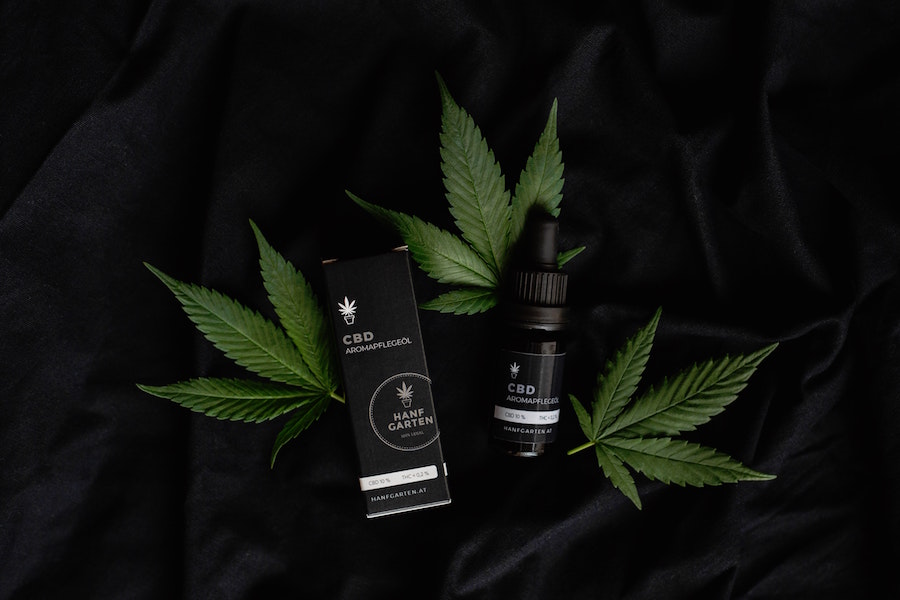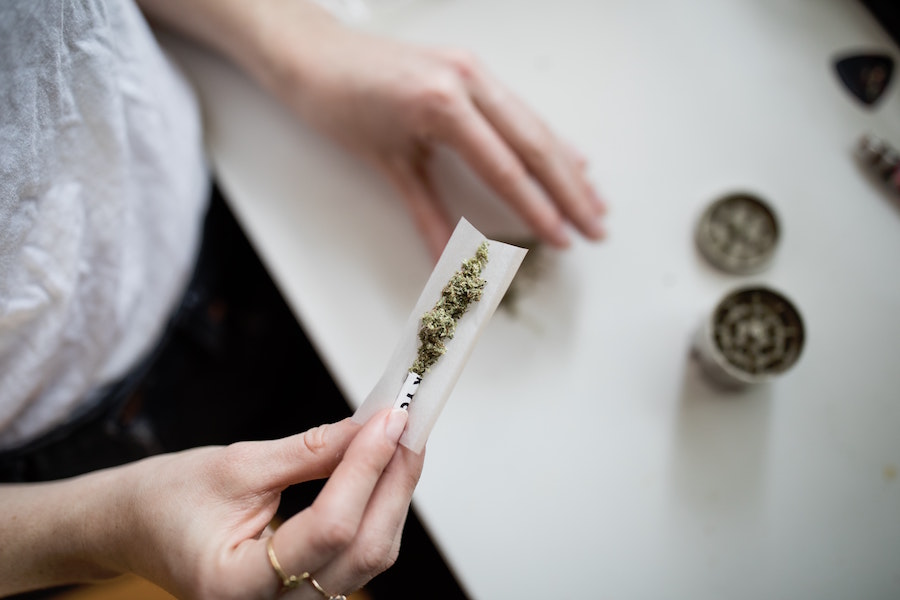Cannabis and Anxiety

Using Cannabis as a Natural Anxiety Reliever
With so much going on in the world today, anxiety is at an all time high (pun not intended), especially among the millennial and Gen Z population. But rather than relying on prescription pills to get through the day (not that there is anything wrong with that) more and more people have found a natural way to cope with Cannabis – and for good reason.
If you struggle with anxiety on a day to day basis and have considered exploring cannabis to help, keep reading to learn more about the positive effects that cannabis has on anxiety-related conditions.
Cannabis as a Treatment for Anxiety
As previously mentioned, more and more people are turning to cannabis in hopes of managing specific conditions, such as generalized anxiety disorder. Its popularity as a treatment for anxiety has exploded and while research in this area is still sparse, there is definitely anecdotal evidence along with scientific reports indicating that marijuana creates a calming experience that can temporarily relieve symptoms of anxiety for many people.
READ MORE: Effects of Marijuana on Mental Health: Anxiety Disorders
CBD vs. THC
First thing’s first, before we even begin to talk about anxiety, it’s important to know that not all weed is created equal. There are hundreds of compounds (also known as cannabinoids) produced by the cannabis plant. When it comes to anxiety though, there are two you need to remember: Tetrahydrocannabinol (THC) and cannabidiol (CBD).
It’s a common misconception that CBD has the same effect on the body as THC because they’re related. But in reality, this couldn’t be further from the truth. In fact, many who do not understand the fundamental differences are afraid to try CBD because they think it will produce the same effect as THC.
CBD is a non-psychotropic. This means that it’s not going to give you a “stoned” feeling like you would get with THC. Understanding the differences between the two, and how it relates to your particular type of anxiety, can make or break your experience with cannabis.
Different people with different conditions will respond differently to all forms of treatment or therapeutic intervention with cannabis. Panic, generalized anxiety, or depression are all cut from the same type of cloth but do vary in degree and symptoms. This means that each will respond differently to cannabis.
If you’re feeling “blah,” THC can be just the pick-me-up you need. For those with depression, THC can actually be very helpful because it produces a sense of euphoria. THC in higher doses, however, can cause a cascade of side effects, like an elevated heart rate or racing thoughts. As you can gather, this would exacerbate specific types of anxiety. That is where CBD comes in.
READ MORE: Cannabidiol in Anxiety and Sleep: A Large Case Series
Because CBD is non-psychotropic, it won’t give you those negative side effects. It may help to alleviate some more anticipatory anxiety, more generalized social anxiety, and may even help with panic disorders. The reason for this? CBD influences and interacts with your serotonin system.
The Verdict in A Nutshell
The main takeaway here is that too much THC can create more anxiety, while CBD can help you relax, but it won’t get you high. That’s the general consensus.
The best thing to do is to research your specific condition and determine if you’re looking for something to help you relax, or something to lift your mood and provide a sense of euphoria. In some cases, a balanced mix of both may be your answer. What’s most important is determining the right dosage for your specific needs. It is sometimes a trial and error process, but one that can provide a significant amount of relief.
Blunt
As we continue to see the cannabis industry unfold and take flight before us, we strive to become the leading global provider of real-time, high-impact multimedia news, information, and entertainment. With our vast network of millions of users, including major influencers in the cannabis industry, we continue to deliver relevant, quality content to help educate and inform.


